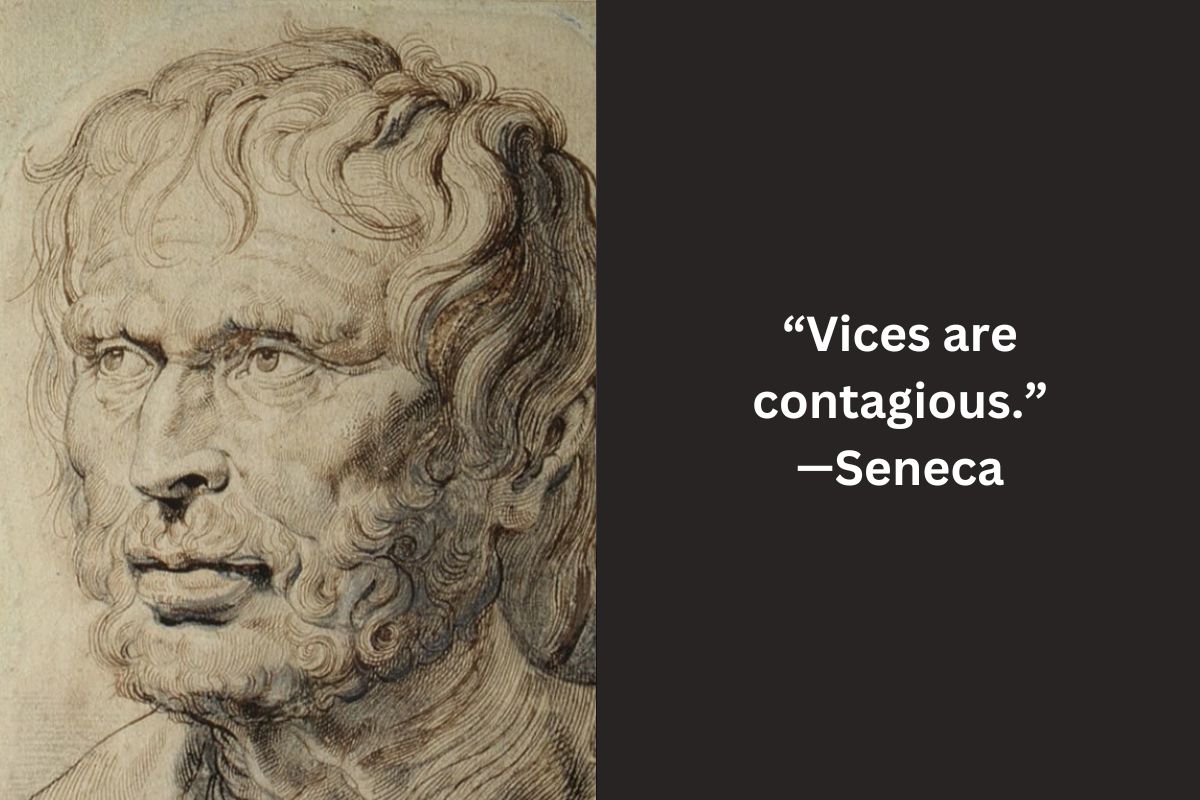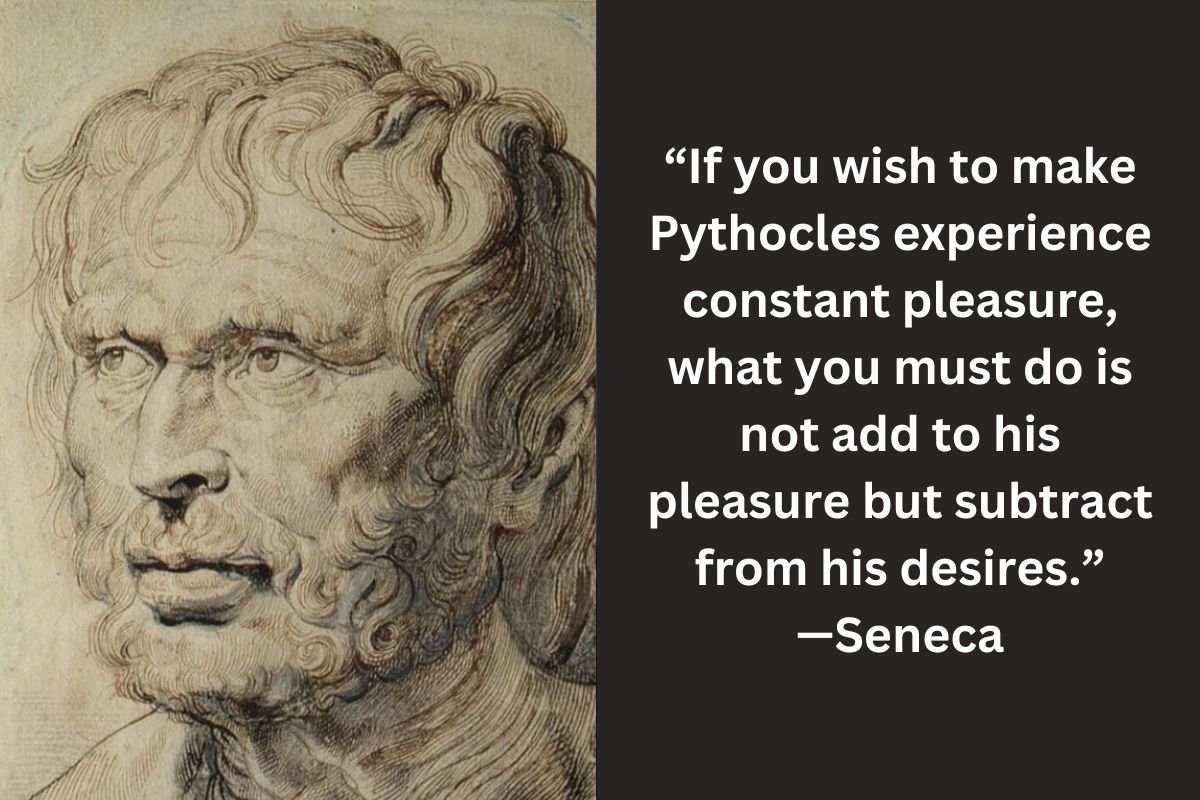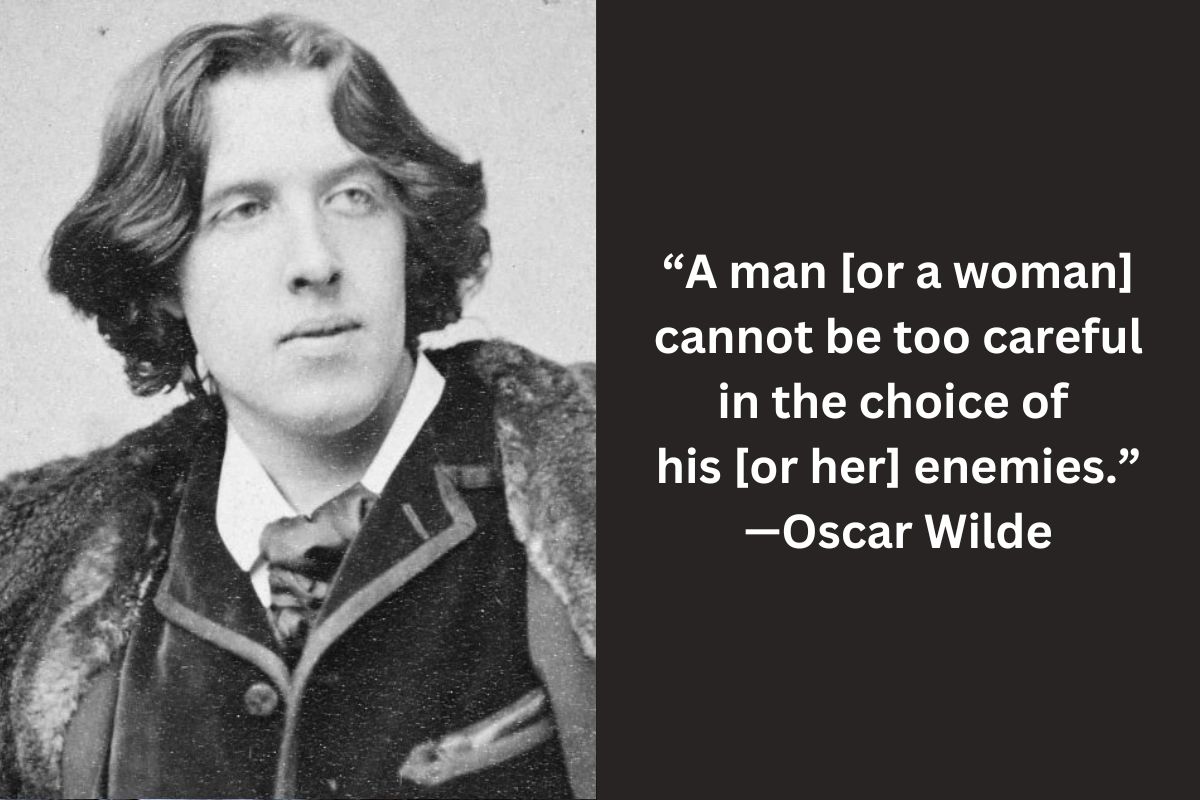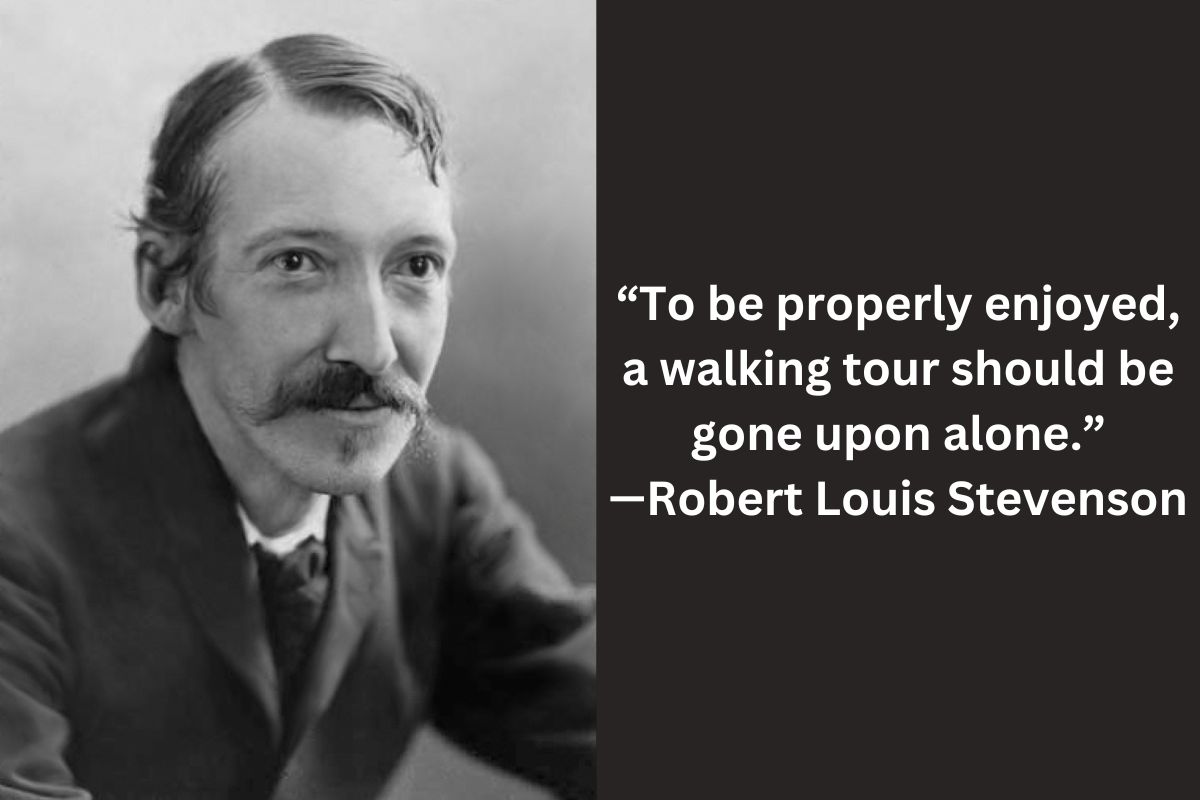 “One friend in a lifetime is much; two are many; three are hardly possible,” Henry Brooks Adams famously wrote. For the lucky few, it’s an axiom of life; for the unlucky many, it’s nothing more than a theorem to be proven. So how should we choose friends to swing the fortune in our favor? Is there one key trait that we should consider above all else? That’s the question Stoic philosopher Seneca answers in a portion of his treatise Peace of Mind. This long forgotten manual of life was recently unforgotten in a new accessible translation by Elaine Fantham, Harry M. Hine, James Ker, Gareth D. Williams, and included in the altogether indispensable Hardship and Happiness.
“One friend in a lifetime is much; two are many; three are hardly possible,” Henry Brooks Adams famously wrote. For the lucky few, it’s an axiom of life; for the unlucky many, it’s nothing more than a theorem to be proven. So how should we choose friends to swing the fortune in our favor? Is there one key trait that we should consider above all else? That’s the question Stoic philosopher Seneca answers in a portion of his treatise Peace of Mind. This long forgotten manual of life was recently unforgotten in a new accessible translation by Elaine Fantham, Harry M. Hine, James Ker, Gareth D. Williams, and included in the altogether indispensable Hardship and Happiness.

Seneca writes:
Nothing delights the mind so much as a faithful and pleasant friendship: what a blessing it is when there is one whose breast is ready to receive all your secrets with safety, whose knowledge of your actions you fear less than your own conscience, whose conversation removes your anxieties, whose advice assists your plans, whose cheerfulness dispels your gloom, whose very sight delights you! We should choose for our friends men [and women] who are, as far as possible, free from strong desires: for vices are contagious, and pass from a man to his neighbor, and injure those who touch them.
When I read this advice, it reminds me of tanha or the Second Noble Truth of Buddhism, which reveals desire as the root of all human misery. We want the world to bend to our will, to give us what we want. But it doesn’t work that way. The sooner we realize that the world is not meant to make us happy, the better off we’ll be. As scholar-monk Bhikkhu Bodhi argues in Dhamma Reflections, true satisfaction and freedom lies in limiting or completely abandoning our desires and cravings — a mode of being achieved by an awakened disciple of the Buddha: “If pleasant objects come within range of his perception he does not yearn for them, if painful objects come into range he does not recoil from them. He looks upon both with equanimity and notes their rise and fall.”
Complement this teaching from Hardship and Happiness with Seneca on moderation as the middle way of restraining ourselves.

I’m a freelance writer with 6 years of experience in SEO blogging and article publishing. I currently run two websites: MindfulSpot.com and OurReadingLife.com. While you’re here, get the latest updates by subscribing to my newsletter.








